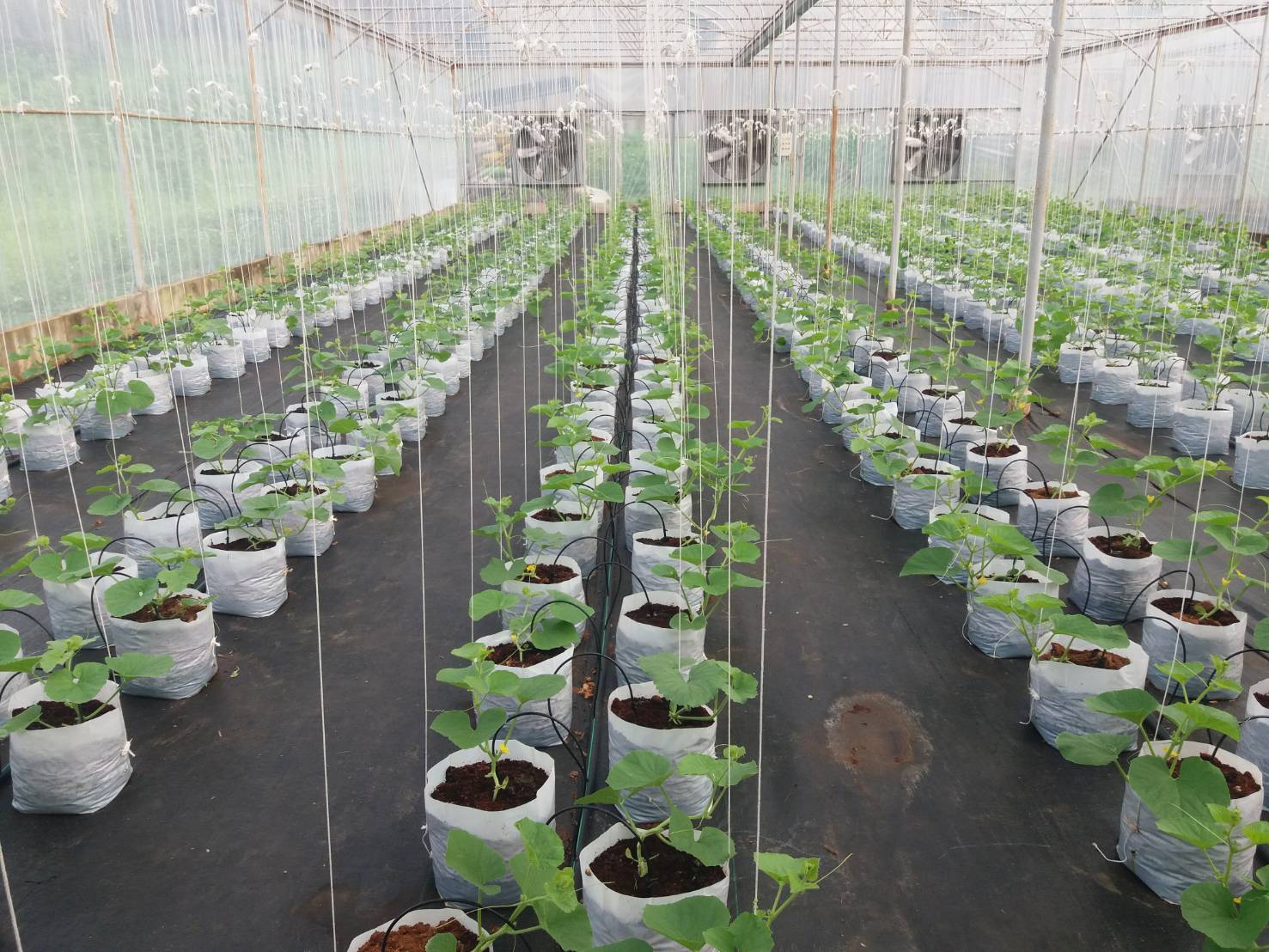-
Agriculture
-
Environment
Project Name:Raising Capability on Horticultural Crop Cultivation in Thailand through the Application of Smart Farming Systems
Project status:Projects in Operation
Cooperating Country:Asia-Pacific, Thailand
Project Description:
This project aims to assist the Royal Project Foundation (RPF) in implementing smart farming systems. It focuses on developing RPF personnel’s capability on establishing optimal cultivation models and enhancing agricultural extension through the assistance of various production devices and information technology for targeted horticultural crops. By practicing the concept of precision agriculture, this project reduces production costs, improves crop quality and yield, and increases farmers' income through rational use of pesticides, fertilization, and irrigation. In addition, it will also be conducive to establishing a low-resource-consumed and sustainable agricultural environment in the mountainous areas of northern Thailand, achieving a win-win situation between agricultural production and environmental protection.
Implementation Start Date:2023-09-01
Implementation End Date:2026-08-31
Project Objectives:
1. Assisting the Royal Project Foundation of Thailand in implementing smart farming systems to enhance scientific research capabilities in agriculture field.
2. Developing the capability to establish the optimal cultivation model for the Royal Project Foundation.
3. Conducting various technical exchanges, personnel training, and capacity building works.
Executing Agency:
Taiwan Technical Mission in the Kingdom of Thailand / Royal Project Foundation (RPF)
Current Progress:
To the end of December 2025, the following activities have been completed:
1. Assist the Royal Project Foundation in implementing smart farming systems by setting up a total of ten smart agricultural demonstration sites—greenhouses and open-field cultivation areas—at the Foundation’s headquarters and its field stations.
2.Use the smart farming system to collect environmental sensor data from the demonstration sites and develop seven block-program management modules for four target crops—melon, tomato, chrysanthemum, and tuberose. These modules cover automated controls (such as nutrient solution irrigation, nighttime lighting, fans, water walls), automatic recording in Google Sheets, and real-time mobile notifications including operational messages, alerts, and scheduled environmental monitoring updates—to support field management operations and decision-making.
3. Establish four crop calendars (cultivation schedules) for the target crops: melon, tomato, chrysanthemum, and tuberose.
4.Invite Taiwanese short-term experts to Thailand for a total of 4 person-times to provide guidance, training at least 146 Royal Project Foundation personnel.
5.Conduct four training sessions on the installation, operation, and maintenance of the smart farming system, training at least 37 Royal Project Foundation personnel.
6.Organize 4 field observation visits with a total participation of 190 personnel from the Royal Project Foundation and farmers.
8.Conduct three study visits to Taiwan, with 18 Royal Project Foundation personnel participating.
Project Performance:
Comparing with conventional methods, the cultivation model established by using the smart farming system increases the crop yield 10% and reduces the amount of chemical pesticides used 15% in the end of project period.
Project Contact:Pei hang, Chang
Phone:+886-2-28886050
E-mail:p.h.chang@icdf.org.tw
Signing Date:2023-07-25
Cooperating Stakeholders:Royal Project Foundation
Mission:Taiwan Technical Mission in Thailand
- Update:2026-02-10
- Hits:6077

